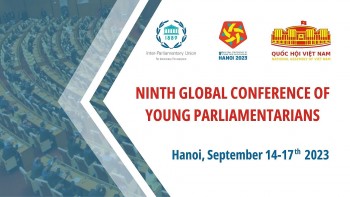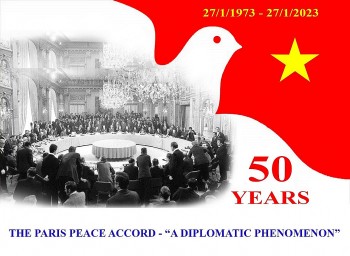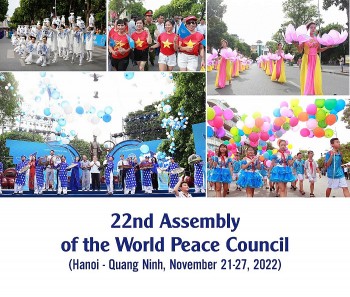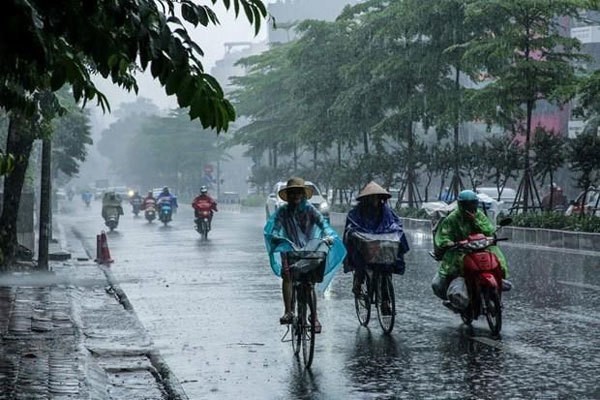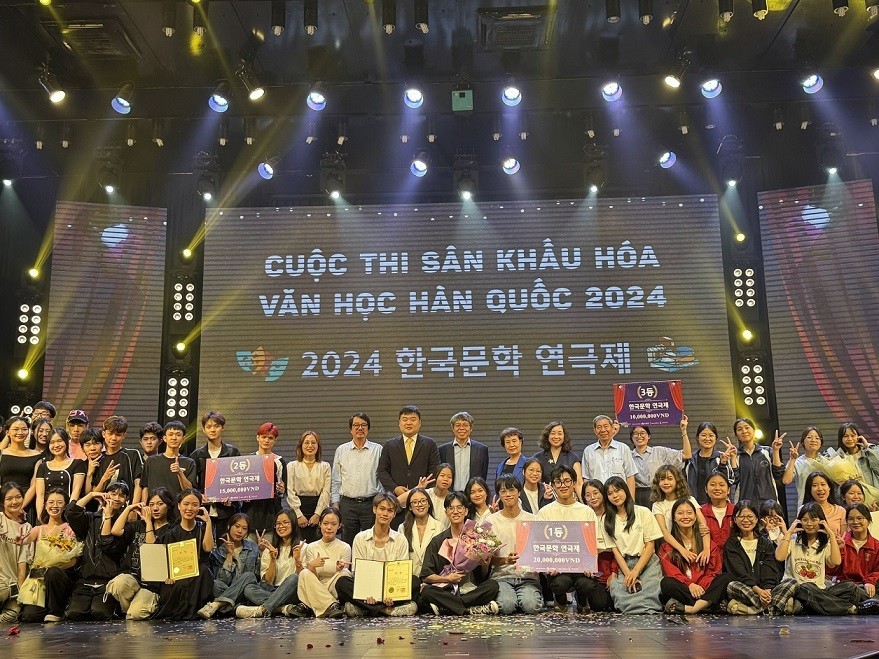Vietnam has advantages to join RTAs/FTAs: experts
Vietnam has a lot of advantages to join regional trade agreements (RTAs) and free trade agreements (FTAs), said delegates to the APEC SOM Dialogue on RTAs/FTAs in Ho Chi Minh City on August 27.

Bui Thanh Son, Vietnamese Deputy Minister of Foreign Affairs
Ambassador Robert Holleyman, President and CEO of C&M International, LLC, told Vietnam News Agency reporters on the sidelines of the dialogue that Vietnam has a large, growing population, as well as a global footprint in trade.
“Vietnam’s leadership in hosting APEC this year is a big signal that Vietnam is a key player in wanting to be integrated in the Asia-Pacific economy and in taking steps to ensure that it is integrated with other economies in the region,” he said.
“The efforts by Vietnam to bring the parties together in this host year and talk about the future of trade in Vietnam is important and it’s great to see what has been done by Vietnam,” he added.
Echoing Robert Holleyman’s views, David HSU, Deputy Director General of the Bureau of Foreign Trade under the Ministry of Economic Affairs of Taiwan (China), highlighted Vietnam’s young population, perse natural resources, favourable geological location and hard working labour as advantages for the country to participate in the trade agreements.
Benefits and how to maximise these benefits
According to Bui Thanh Son, Vietnamese Deputy Minister of Foreign Affairs, Vietnam has so far negotiated and signed 12 free trade agreements, and is negotiating four others.
Joining trade agreements can help Vietnam access foreign markets, seek long-term and stable markets for local goods, particularly agro-forestry-fishery products, footwear and electronics, and improve competitiveness of Vietnamese businesses, he said.
Robert Holleyman said “the data is clear that the agreements that make it easier for Vietnamese exporters to do business around the world will increase the ability of growth and jobs in Vietnam.”
Integrating into the global community should be very positive, particularly for a country like Vietnam, through liberalising and opening up new trade, he said.
Marie Sherylyn D Aquia, Chair of the APEC Committee for Trade and Investment (CTI), Department of Trade and Industry, the Philippines, said FTAs and RTAs set a lot of rules regarding trade facilitation like customs procedures, rules of origins as well as how to treat technical barriers to trade and liberalise certain goods and services.
“These rules are important and useful for businesses to make plans. And it’s also good, because RTAs/FTAs talk about market access, keeping your economy open. So having an open economy is very useful for consumers and businesses, and for goods to enter countries freely,” she said.
Marie Sherylyn D Aquia said businesses should know that there are preferences available that they and exporters can use.
David HSU also suggested promoting the involvement of the business circle in negotiations of these agreements.
Challenges
Regarding challenges faced by Vietnam when joining trade agreements, Deputy Minister Son underscored uncertainties of the global economy, further explaining that many economies have still used both tariff and non-tariff tools to protect their domestic markets, thus hindering efforts towards trade liberalisation and market opening.
David HSU pointed to Vietnam’s weaknesses in high-tech and high-quality production. Besides, such sectors as agriculture, processing and material supply have also faced a range of difficulties.
Robert Holleyman said challenges for Vietnam include ensuring that the country has an open economy that allows it to fully participate in these agreements.
APEC economies share experience in engaging in RTAs/FTAs
APEC officials shared views and experience in negotiating, concluding and implementing regional trade agreements (RTAs) and free trade agreements (FTAs) at a dialogue in Ho Chi Minh City on August 27.
The APEC Senior Officials Meeting (SOM) Dialogue on RTAs/FTAs brought together APEC senior officials, official observers, speakers, and representatives from the businesses community.
According to statistics released by the APEC Secretariat, as of December 2016, more than 150 RTAs/FTAs signed by at least one APEC member economy has gone into effect with nearly 60 intra-APEC agreements.
Thanks to their impacts, intra-APEC trade has increased by 174 percent, from 2.3 trillion USD to 6.3 trillion USD during the 2000 – 2016 period.
In his opening remarks, Deputy Minister of Foreign Affairs of Vietnam Bui Thanh Son, who is also APEC 2017 SOM Chair, said over half of the world’s FTAs originates from the Asia-Pacific region.
APEC is naturally the best platform to discuss FTAs/RTAs, he said, noting that for the past 30 years, RTAs/FTAs in the APEC region have flourished in number, scope of work and sophistication.
Increasingly sophisticated, next-generation regional FTAs, addressing next-generation trade and investment, behind-the-border and non-tariff measures issues are being developed with major implications, he said.
Regional economic integration will continue to be one of APEC’s core cooperation pillars, including fostering RTAs/FTAs and with a view to the realisation of the Free Trade Area of the Asia-Pacific (FTAAP), Son said.
In the context of positive signs of regional and global economic recovery, making the most of benefits from RTAs/FTAs is important to create new dynamism for economic growth, as well as trade and investment in the region, he noted.
Son highlighted the enormous static and dynamic benefits of FTAs on economic growth, market access, FDI attraction or domestic institutional reforms.
However, he said, in the current regional and global economic context and under the impacts of the fourth industrial revolution, the question is how to make the most of the socio-economic benefits that FTAs bring about, concurrently with mitigating adverse impacts arising from adjustment costs, and increasing income disparity.
Additionally, given the economical, political and developmental persities in the APEC, sharing of information, experiences and engaging in negotiations and conclusion of RTAs/FTAs is useful, practical and necessary for mutual economic development, social stability and shared prosperity for the whole of the Asia - Pacific region, he said.
The delegates mulled over the engagement of stakeholders in RTA/FTAs, lessons learnt from RTAs/FTAs and impact assessments, and continued work for the APEC, including the work programme to implement the Lima Declaration on the FTAAP.
The APEC is in the process of realising the Bogor Goals of trade and investment liberalization and facilitation by 2020 as well as shaping an APEC vision for the realisation of a FTAAP./.
VNF/VNA
Most read
Recommended
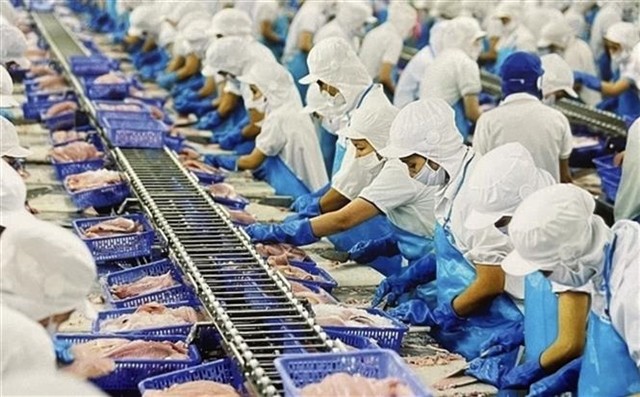 Economy
Economy
World Bank: Vietnam's Economy Recovers Gradually
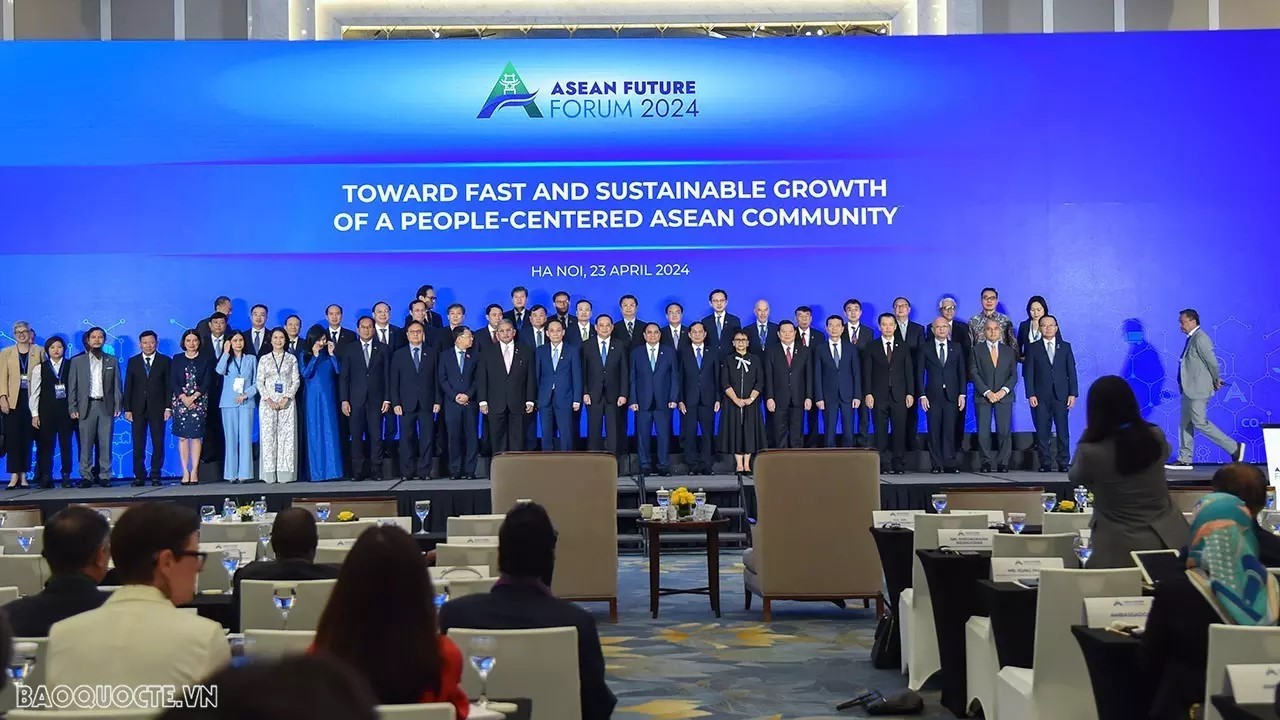 Economy
Economy
ASEAN Future Forum and India's Role in Indo - Pacific Stability and Prosperity
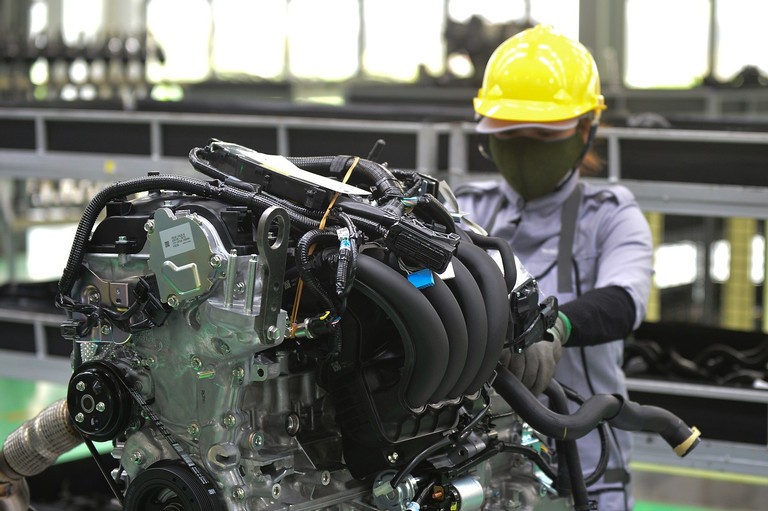 Economy
Economy
Vietnam's Investment Environment Attractive to Chinese Businesses
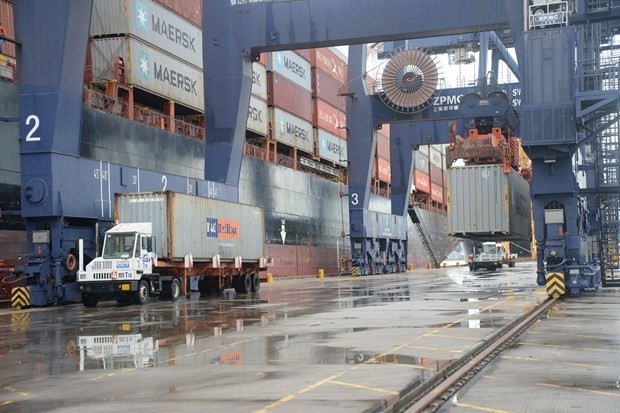 Economy
Economy

